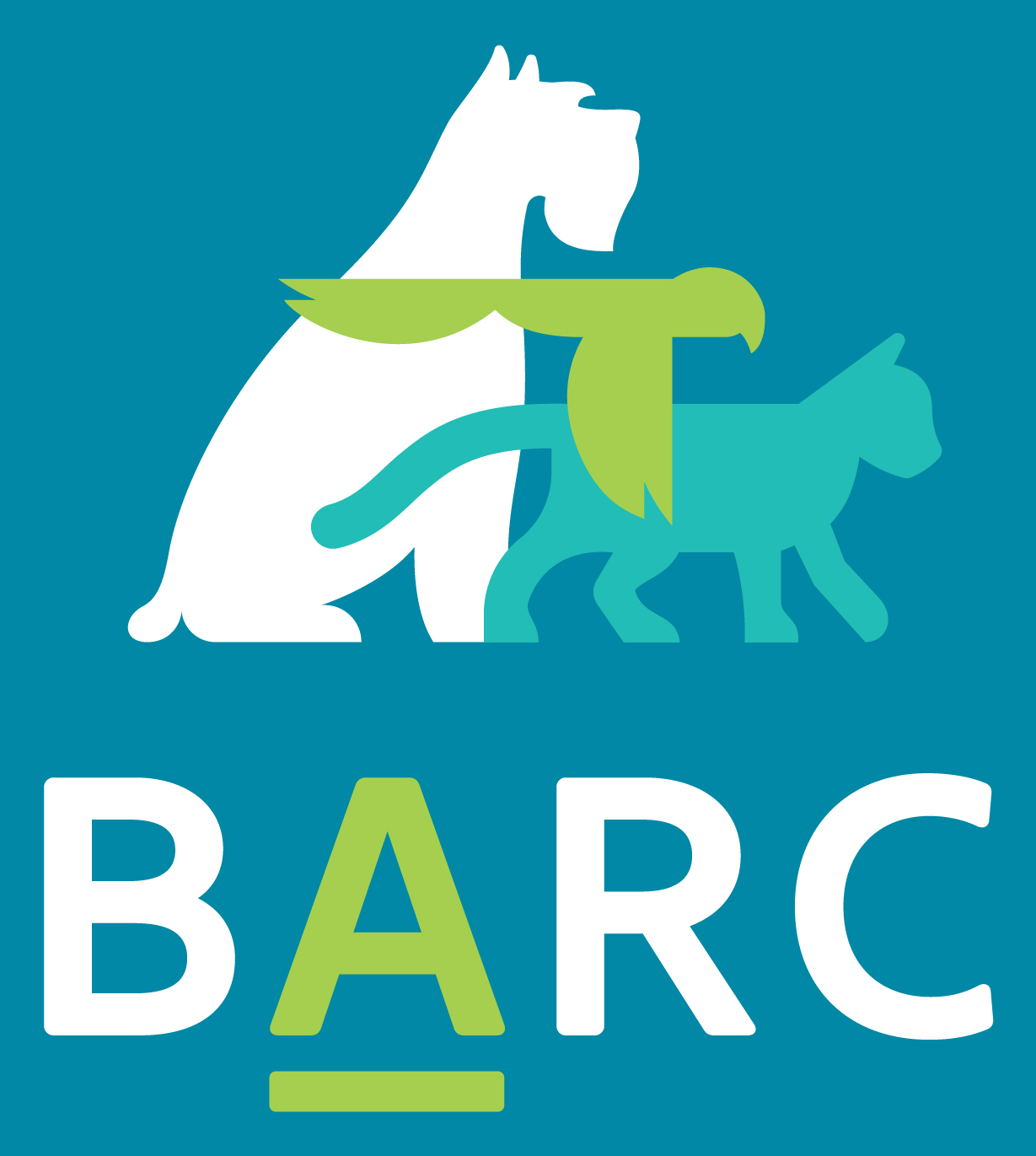Paclitaxel for K9 Hemangiosarcoma - Active enrollment
BARC is enrolling patients in a clinical trial for a unique chemotherapy agent for splenic hemangiosarcoma patients. Paclitaxel is the drug of choice in humans with angiosarcoma and needs to be re-evaluated in dogs. Paclitaxel has historically not been well tolerated in dogs in its original formulation. This new formulation hopes to mitigate those side effects and have efficacy in this disease.
We are enrolling pet companion dogs that have been diagnosed with non-metastatic histopathologic diagnosed splenic hemangiosarcoma.
These patients will receive further staging to verify no visible metastasis are present at the time of enrollment. The drug will be given IV every 3 weeks for a total of 5 doses. Patients are allowed to be on Yunnan Baiyao but no other immunotherapies, supplements or chemotherapy.
This trial is fully funded and staging and chemotherapy visits are covered by the sponsor.
Please have your veterinarian call or email us if your patient may be a candidate for this trial as we do want to prioritize referral for these patients.
Paclitaxel for Feline Tumors -Active Enrollment
BARC is enrolling Feline patients in a clinical trial for a unique chemotherapy agent for a variety of tumor types. Paclitaxel is the drug of choice in humans with angiosarcoma and we would like to evaluate this drug and its use in feline tumors.
We are enrolling feline cancer patients that have been diagnosed with measurable tumor within or on their body.
Inclusion Criteria
Cats with an externally measurable solid tumor of ≥ 10 mm in the long axis or an internally measurable solid tumor of ≥ 20 mm in the long axis or a lymph node measuring ≥ 15 mm in the short axis, regardless of location
Solid tumor may be of any histological type but diagnosis must be documented via histopathology or cytopathology report
Anticipated life expectancy > 28 days
Acceptable physical examination with adequate organ function • Modified Eastern Cooperative Oncology Group (ECOG) performance status score of 0 or 1 on a scale of 0–4
Owner consent to enrollment in the study and ability to comply with the protocol visit schedule
Availability of non-pregnant/breast-feeding adult individuals in the household to change the litter daily for a minimum of 3 days after each treatment
Exclusion Criteria
Cats that have received cytotoxic chemotherapy within the last 21 days
Cats with an active systemic infection • Cats with a clinical history of constipation, megacolon, or peripheral neuropathy
Any concurrent disease state that requires prohibited concomitant medications
Cats that are pregnant, lactating, or intended for breeding during the study period
Cats currently enrolled in another therapeutic clinical trial
Inadaquate blood parameters ( bsolute neutrophil count < 2.0 x 109/L, Platelets < 75 x 109/L, Hematocrit < 25%, Creatinine > 1.5 ULN, Significant liver disease: Bilirubin > 1.5x ULN)
Any other reason that would affect the safety of the cat or severely interfere with study procedures
These patients will receive further staging that will be funded by the trial. The drug will be given IV every 3 weeks for a total of 5 doses.
Financial Support: Fully funded. All treatments and procedures associated with the clinical trial will occur with no cost to the owner.
Trial Status: Currently Ongoing
Study for Canine Lymphoma - CLOSED
We just completed the enrollment for this novel immunotherapy in dogs with Naive B cell lymphoma or Refractory B cell lymphoma. Once the dose finding data has been evaluated we are hopeful a second arm of the trial may be available for patients with B cell lymphoma to look at efficacy.
Financial Support: Fully funded. All treatments and procedures associated with the clinical trial will occur with no cost to the owner.
Trial Status: CLOSED FOR DATA REVIEW


